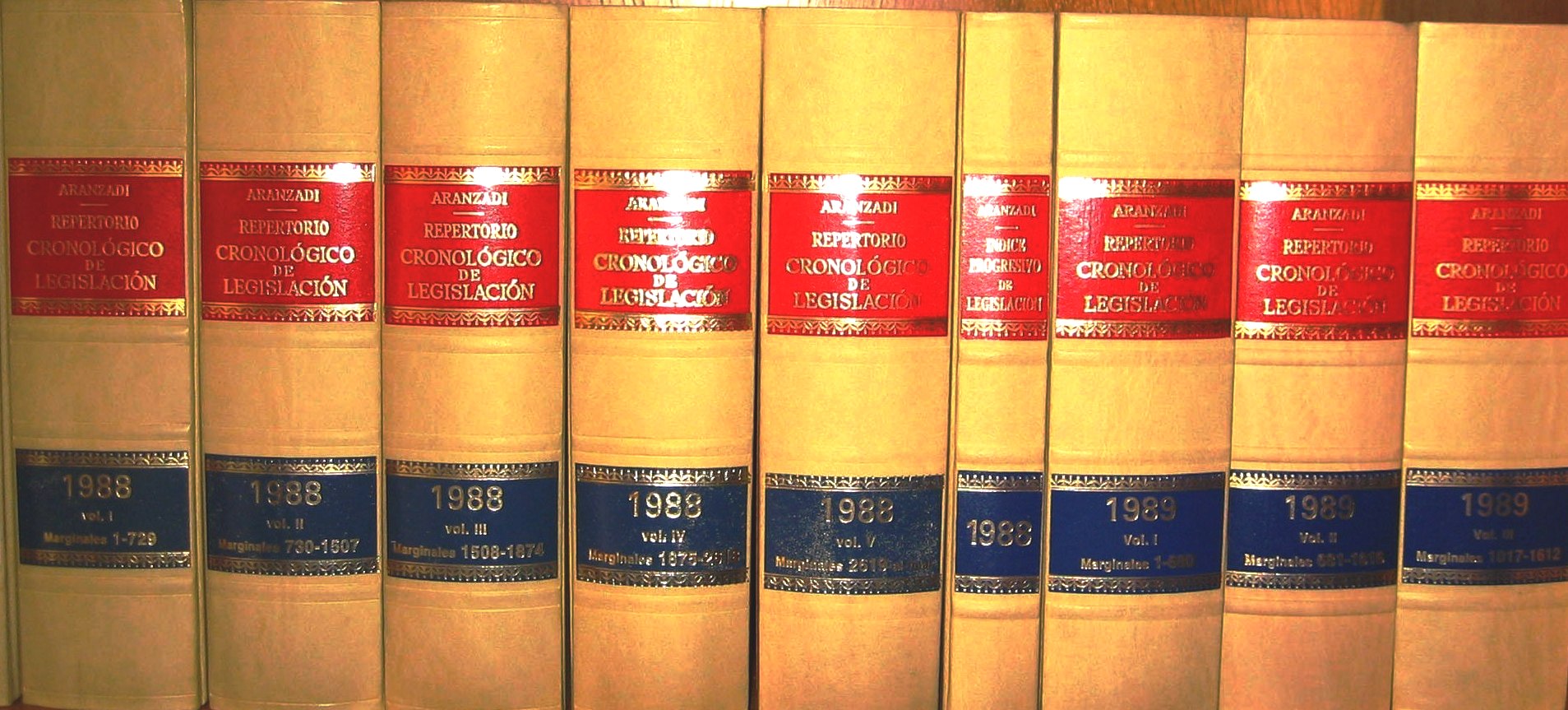TAX HEAVENS LIST UPDATED
According to a Report issued by the General Directorate for Taxes of the Spanish Ministry of Finance (Treasury Office - Ministerio de Hacienda), following the signing by Spain of Double Taxation Agreements with 15 different territories, the Ministry has narrowed down the existing list of 48 countries regarded as Tax Heavens around the world.
The Report clarifies an issue that raised doubts among foreign businesses and investors as to the applicability of certain tax deductions foreseen in the Spanish tax regulations, since the requirements for the taxpayer to validly apply such deductions was that the relevant jurisdiction should not be regarded as a Tax Heaven. The list has been narrowed down to 33 countries (from the initial 48) following the signing of Agreements to avoid Double Taxation and other covenants by the following 15 territories that will no longer be regarded as tax heavens: Andorra, Netherlands Antilles, Aruba, Cyprus, United Arab Emirates, Hong Kong, the Bahamas, Barbados, Jamaica, Malta, Trinidad and Tobago, Luxembourg, Panama, San Marino and Singapore.
Gibraltar and Liechtenstein remain on the list.
Furthermore, the report explains the new framework that will continue to apply to the remaining Tax Heavens under the Spanish recent tax reform. Starting this year, signing an agreement or covenant to avoid double taxation and an agreement will not suffice. It will also be necessary to prove that an effective exchange of tax information actually exist in the terms provided for in the new rules. The outcome of the assessments carried out by the Global Forum on Transparency and Exchange of Information shall be taken into account to such effects.
Accordingly, since the 1 January 2015 the list of Tax heaven countries will not be automatically updated but must be expressly agreed upon and, for such purposes, the above criteria shall be taken into account. Therefore, this text clarifies the situation by tightening the requirements.
The report, dated December 23, 2014, maintains the existing definition according to which that heavens will continue to be those "offshore countries and territories to be determined according to the rules". In this regard, the second transitional provision of law 36/2006 remains in force, according to which "for as long as the countries or territories that have the consideration of tax haven are not determined by regulation, those listed in Article 1 of Royal decree 1080/1991 will have such consideration”
The Royal Decree was modified by the 116/2003 to implement a “way out” of the list. Thus, a second article was added to the Royal Decree 1080 / 1991 to establish that
«countries and territories referred to in article 1 who sign with Spain an agreement on exchange of fiscal information or an agreement to avoid double taxation with an exchange of information clause will no longer be regarded as tax heavens as of the moment such conventions or agreements come into effect»
But the report clearly indicates that from now the list will not be automatically updated automatic but must be expressly made; and to such effects, the above criteria shall be taken into account with regard to the effective existence of information exchange; requirements that should be validated by the Ministry of Finance.
New requirements to update the blacklist of the Spanish Treasury office are therefore as follows:
(a) The relevant country or territory must have signed either
1) a Convention to avoid double taxation containing a clause on exchange of information,
2) an agreement for the exchange of information in tax matters; or
3) the OECD/Council of Europe Convention on Mutual Administrative Assistance in Tax Matters, as amended by the Protocol 2010, as applicable.
(b) there should be no effective exchange of tax information under the terms provided for in paragraph 4 of the additional provision to the Royal Decree;
(c) the results of the evaluations 'inter peers' carried out by the Global Forum on Transparency and Exchange of Information for tax purposes will be taken into account.
But the Spanish Treasury Office will always have the final word:
-In the case of Andorra, for example, it is considered that the country fell out of the list of Tax Heavens in 2010 when it signed an agreement for the exchange of information with Spain, (one of the requirements established by the Royal Decree of 1991), but it has been only in early 2015 when Andorra initialed the agreement for avoidance of double taxation, which clauses on exchange of information will not come into effect until January 2016, when “grouped claims” will be allowed. And the automatic exchange of information is expected to come in place in 2018 but the coming into effect of these provisions will be subject to rest of the OECD countries adhering to this mechanism.
Remaining queries: It is not clear under the current criteria whether Andorra has actually came out of the list and - if this would not happen until 2016 - , if there would still be a requirement that there should be an effective exchange of information.
The official information on the subject can be found (in Spanish) at
Back to read more reports
